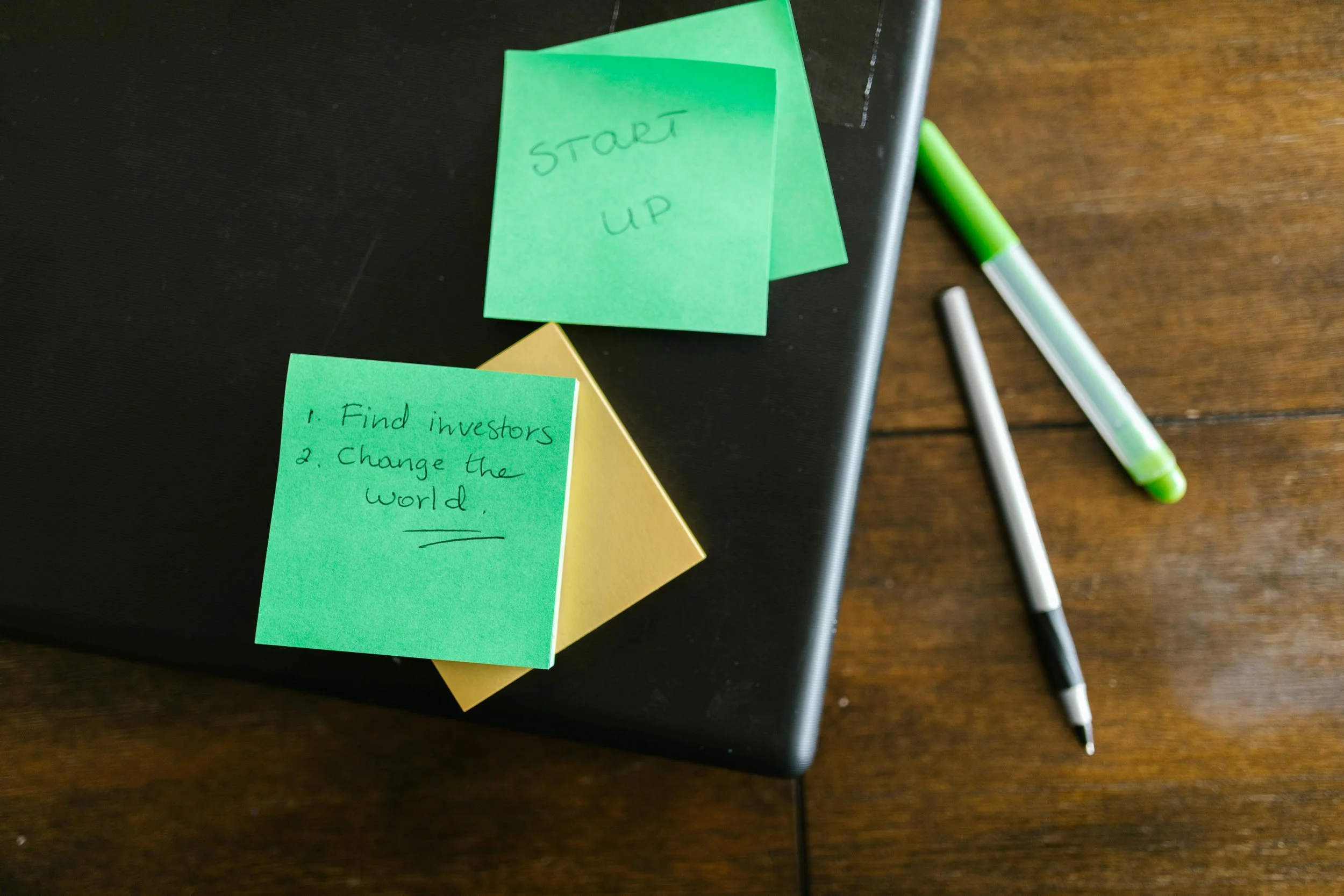How Accelerators Can Measure Long-Term Founder Success (Not Just ROI)
September 5th 2025
by Julie Sané-Pezet
Founder at Lume Impact
If you are familiar with entrepreneurial ecosystems, you must have witnessed or even participated in a pitching competition. Organised for a demo-day or integrated in the recruitment process of an accelerator, these are often a rite of passage for founders seeking support, investment or juicy deals. Equally common are judges tasked with the tough job of asking participants clarifying questions. Of all the questions a judge can resort to to assess a business, “What does success look like?” remains a crowd’s favourite. Having walked in the shoes of both founders and judges, I can see why. Everybody likes a vision and, for a few minutes, founders are given a chance to let their audience see their idea’s potential through their eyes. Whether or not the judges will see it however is another story. Truth be told, the criteria they were provided with for evaluating participating startups are largely centered on the likelihood of achieving a return on investment (ROI). See for yourself:
🔍“Is the market saturated?” “What’s the competitive landscape?”
➡️Understand: “Is there a piece of the cake left to devour?”
💡“What’s the defensibility of the idea?”
➡️Hear:“Could a bigger player steal the idea before we get our ROI?”
👩💻“How experienced is the team?”
➡️Understand: “What’s the risk of them failing and us being at a loss?”
🦄“Is it scalable?”
➡️Hear: “Can it go big fast?” “Is it unicorn material?”
Don’t get me wrong. Money is important and investors are instrumental in supporting innovation in spaces where only a significant cash injection can drive results but financial return alone doesn’t prove success. While ROI is easy to quantify, it’s far from capturing a founder’s potential. It doesn’t account either for the elements that contributed to the growth of their business - let alone assess its transformative power on the market. If anything, it’s a (very pleasing) effect of running a thriving company. When you think about it, influential companies like Amazon, Spotify or even Uber have taken years - over a decade for Amazon - to become profitable. Yet, calling them unsuccessful would be a bold claim.
Success for Accelerators: Demonstrating Expertise Beyond ROI
Accelerators are not VCs; their expertise lies in creating the conditions for ROI to happen way more than in assessing the potential for it. At least, that's the founders' expectations when walking in such programmes. Of course, many accelerators rely on ROI to be profitable but they still need to prove their unique expertise to remain attractive to both founders and investors. If having some ROI-related recruitment criteria is wise, additional metrics need to be incorporated into selecting founders and measuring their success over time.
Short-term: Recruitment Criteria and Immediate Results
We’ve already discussed potential for ROI and hinted at founders’ experience so let’s discuss mindset and softskills.
Mindset: How do they react to change and challenges? Do they have a growth mindset? Are they resilient, agile, open to feedback?
Softskills: How do they work with others? Do they have leadership skills? Can they communicate effectively? How do they handle conflict?
2. Medium-term: Loyalty and Longevity
Analyse founders’ behaviours after the programme.
Loyalty: Do they recommend the programme (beyond hypothetically intending to do it)? Do they show up to support the team or following cohorts when asked to? Would they apply again later should there be additional opportunities tailored to their evolving needs?
Longevity: How long do founders stay in the entrepreneurial ecosystem? Do they raise (as individuals, not just companies)? Do they go on to become serial entrepreneurs or do they evolve to become mentors or investors? Should they move away from their initial startup, how do they bounce back?
3. Long-term: Founder’s Overall Impact
Consider the Triple Bottom Line and aim for founders who will impact the Economy, People and the Planet.
Economy: How many jobs have they created over time? How did their ideas impact the markets they are in? How did they drive innovation and growth? Have they invested in R&D or in other ventures?
People: Have they taped into underserved markets? Have they intentionally supported and uplifted communities? Do they support skill development through internal initiatives or by mentoring and supporting other entrepreneurs and professionals?
Planet: Do they champion ethical and sustainable business practices? Have their solutions contributed to achieving net zero or reducing waste? How have they adapted their ways of working over time to lower their negative impact on the environment?
All this can be measured. Paired with information on ROI, it will paint a rich and meaningful picture of a startup programme while informing parts of founders’ experiences that might have been overlooked.
✨One last tip: As mentioned, investors are usually the rockstars of ROI potential assessment. They can take the lead on making that call in a panel or give a sense of how a startup is doing on that front halfway through a programme while your team focuses on other key success metrics.
Rethinking the Narrative to Achieve Success
If you are running an entrepreneurial programme right now ask yourself first: “What does success look like for us?”. What are you trying to achieve and how will you know you’re on the right track? In my experience, accelerators’ teams rarely describe ROI as their main driver but rather tell me about building stronger entrepreneurial ecosystems, celebrating founder journeys and supporting strong visions with the right resources. They stand for nurturing long-term success over short-term returns. In fact, that’s probably what they would advocate for if asked to pitch on a demo-day stage alongside founders. Of course, the longer term the harder the measurement exercise but the good news is there are ways to make it happen and we can help you get there.
If you are interested in exploring different ways of measuring your impact, let’s connect over a free 30 minutes call or have a look at our Impact Strategy and Evaluation section.

